John Hiatt - Interview
by Lisa Torem
published: 20 / 7 / 2011
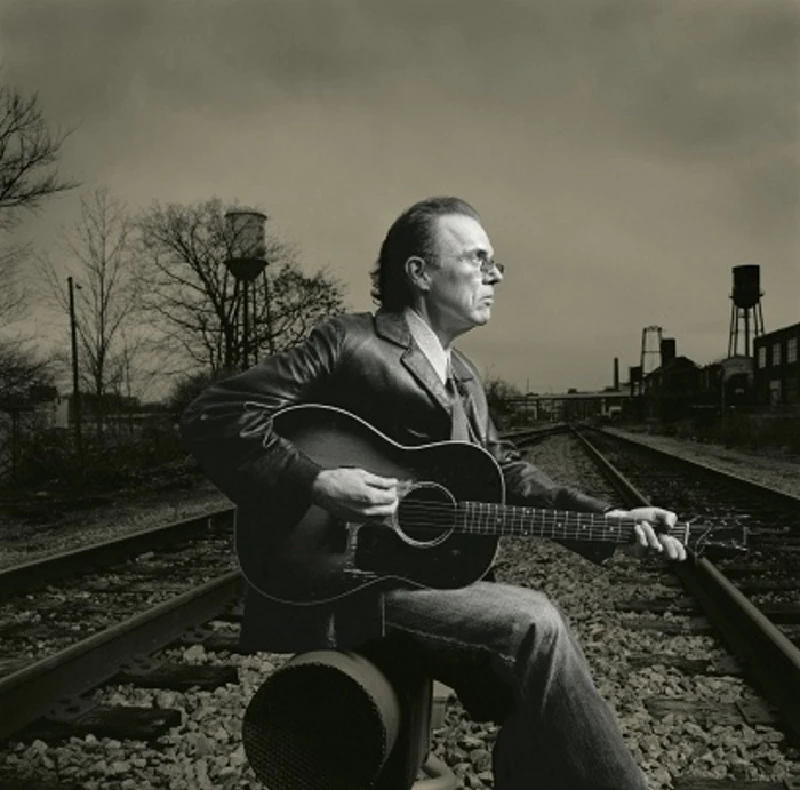
intro
Lisa Torem chats to American singer-songwriter John Hiatt about his early career, the ideas that influence his songwriting and his latest album, 'Dirty Jeans and Mudslide Hymns'
Singer-songwriter John Hiatt looked “at life through the rearview mirror” for his last album, ‘The Open Road’, but this time around he gazes directly into the blinding headlights of his current release, ‘Dirty Jeans and Mudslide Hymns’. Starting his career at 18, moving from Indianapolis, to Nashville and landing a job as a songwriter for Tree Publishing, Hiatt began creating hits like ‘Sure as I’m Sitting Here’ for the rock group Three Dog Night and country star Conway Twitty. The pressure to write hundreds of songs was on his shoulders, and, although that part of his career was short-lived, that experience probably helped make him the versatile song crafter that would later write for Tracy Nelson, Bonnie Raitt, Buddy Guy (‘Feels Like Rain’), Bob Dylan (‘The Usual’) and Roseanne Cash. The list is long, but you can hardly blame veteran vocalist Emmylou Harris, for grabbing hold of a tearjerker like ‘Icy Blue Heart’ and creating one of her most stunning performances. Hiatt has been prolific, churning out album after album, yet it took 1987’s ‘Bring the Family’ which featured his collaboration with Nick Lowe and Ry Cooder, and which resulted in a short-lived romp through the genre of “new wave” to bring attention to a larger fan base. His visceral song titles, universal themes and crossover skills are undoubtedly what lead audiences to want more: ‘Fireball Roberts’; the piano-driven, quasi-Gospel tinged, ‘Have a Little Faith in Me’, covered by many country artists, but, also executed surprisingly well by Zydeco pioneer Joel Sonnier; the sheer beauty of ‘God’s Golden Eyes’ from the landmark album, ‘Crossing Muddy Waters’ (2000), a well-acclaimed album which startles the listener with its bristling, acoustic, blues-influenced energy and Hiatt’s grumbling vocals was another massive achievement. There have been mainstays in the man’s life; collaborations that have reappeared and instrumentalists that have earmarked his trajectory: Guitarist Sonny Landreth and Bobby Keys on baritone sax have surfaced as musicians that helped define Hiatt’s sound. But, just as many instrumentalists and producers have been cast aside. John Hiatt is generally on the look out for who best honour “the song” and, by his account, that group does not yield many. By phone, from London to Chicago, a jet-lagged John Hiatt reminisced about the miraculous early days, ideas that pop out of the most ordinary establishments, and how he has kept himself happily afloat and looking forward to continued touring with Lyle Lovett. PB: How is London treating you? JH: London is treating me pretty well. It’s not a bad city. PB: Your new album, ‘Dirty Jeans and Mudslide Hymns’, seems to be a far cry from 2010’s ‘The Open Road’. I say this because on ‘The Open Road’, even if you just skim the titles you see that there is so much movement: “haulin’ and swinging and moving”, but on your current album it seems like you are just letting out a deep breath and taping into so many more raw feelings. Is that what you meant to happen? JH: That sounds good to me. I wasn’t aware of that, but that sounds good. PB: Can we assume that you were in a completely different mind set then when you wrote these songs? JH: Well, probably, just because it was a different time and different events had transpired. I kind of had a year off from the road when I wrote ‘The Open Road’. It was a whole, different kettle of fish and I spent that year at home, just enjoying being married – I’ve been married twenty five years now. It was the first year off I’d had in about twenty years - when I didn’t have to go on the road. So, it was a little bit different in that regard, and also it was a self-produced record. This record was a venture; trying to work with a producer again. I was rolling the dice a little bit, taking some risks and coming out with something that I’m pretty proud of. PB: You sing about characters that have imperfections, but that you love anyway. Were some of those images based on people you know? JH: Not really, other than possibly myself (Laughs). I’m one sick bastard. Other than that, no, it’s just my observations. These are fictional characters, composite drawings of various sundry, people, places and things that walk in and out of my life. PB: In the song, ‘I Love That Girl’ you sing that “her hair is a mess…”The characters you write about are very human. JH: Thank you. I like humans. PB: I guess you run into a lot of them in your career. ‘Damn This Town’, on the other hand, tells us about some darker, sinister characters. JH: It’s kind of a song about different things. It’s a song about the human tendency to blame everyone else for even inanimate objects; like towns, for your discomfort. We love doing that, but it’s also the idea that the quiet guy in the house can be one creepy customer. You just never know (Laughs) who you’re going to meet and I wanted this guy to be a little disturbing. PB: And this one was the opener. So you start out disturbed and then you peel away the layers. JH: Yeah, the way the songs are lined up, I thought I would introduce a character who is not particularly savoury; just part of human nature, and then I wanted to make him real – a guy who gets hurt, just like everybody else, with that second song and then go from there. PB: ‘Detroit Made’ reminds us of that “car guy” that you are or that you were…or are you still? JH: (Laughs) I do like cars. I’ve used up more than my allotment of fossil fuel. PB: You also wrote about the 911 tragedy that took place in New York City on ‘When New York Had Her heart Broke.’ What motivated you to write that song or record it at this time? JH: I actually wrote that song a couple of days after that event happened. I was in the city when 911 happened. I wrote it a couple of days afterwards. We had to leave the city and go back and do a few shows, and when we came back to the city. We had a couple of dates that week. Each time we came back in people would come out and feel a little bit lighter. Anyway, I wrote that song ten years ago and never really planned to record it. I played it for Kevin (Shirley; producer-LT) who lived in New York at that time, and actually had little ones in school, pretty close to the twin towers, so it was a pretty harrowing day for him, as it was for a lot of people. We just decided to put it out there, kind of in the old folk tradition of singing about a tragedy with the idea being that maybe we’ll feel better having done so. PB: How long does it take, after such a tragedy, to pour your feelings out into a song or even give yourself permission to artistically legitimize your reaction? JH: Well, for me, it takes a while, sometimes. It depends on what it is. Sometimes it takes me a while to sort things out – there’s a song on the album, ‘Adios to California’ which kind of deals with my life back there, from twenty or twenty five years ago. It takes me awhile to process, but it’s a story – it’s not my life. PB: You had an interesting collaboration with Joe Bonamassa on his latest album, “Dust Bowl.” You sang with him on a song of yours, ‘Tennessee Plates.’ Reviews indicated that Nashville had finally entered the mix. How did you feel about working with Joe? JH: I thought it was cool. He’s a great player and a great singer. PB: You’re both diverse in that you incorporate a lot of styles in your writing. JH: I guess so, sure, (Laughs), but I’m not the guitar player that he is. He’s a gun slinger, but then he doesn’t write like I do. PB: No one does…Roseanne Cash has done a number of your songs. She does a great job of covering ‘This Is the Way We Make a Broken Heart.’ Some performers smile during heartbreaking songs. She remains true to the material. Is that generally true about the artists who choose to cover your songs? JH: (Laughs). Once I write a song, I let it go; I look at it the way that I look at my kids. Once they’re eighteen, they’re kind of grown up, fully- formed. We’ve done all we could. Go out there and be a citizen. Be responsible and civic-minded. Do the right thing. Get a job and don’t come back and expect to freeload on us (Laughs). PB: Your style of playing rhythm guitar is very distinct, but I can’t quite put my finger on it. What is it and how has it developed? JH: It’s based, pretty much, on rhythm, I guess. That’s pretty much been my style all along (Laughs). I haven’t really learned much. I started when I was eleven. That was forty eight years ago. It’s kind of blues-based. I don’t do a lot of finger-style playing, I flat pick with bare fingers. I don’t really know what you call it, but I like to think of myself as a guitar player with some peculiar chops. PB: That leaves room for instrumentals, doesn’t it? JH: Yeah, I think so. PB: What qualities do you look for in your touring musicians? I know there are musicians you have used again and again. JH: I just look for players that play right, that play unique to themselves, and that are able to play past their instrument and don’t get all hung up; “I’m a guitar player. Listen to my riffs. Listen to how much I know” and all of that stuff. I like people who play with emotion, like a person sings. I only pick players who play like people sing. There are not a lot of those around (Laughs). Surprisingly. PB: There are a lot of prima donnas. JH: There’s a lot of – I don’t know what you call it - but it just doesn’t sound like music to me. It sounds like exercise or something. PB: You write a lot about guitars: ‘Master of Disaster’ which sounds like a serious song until you mention your Telecaster. You use a lot of humour. Do you start the lyric with that intention or just noodle around. and end up with something ironic? JH: To be honest with you, the music is what comes up first and I pretty much never know what the lyrics are going to be until I get a melody, and hopefully I’ll start singing the melody, and sometimes I’ll just sing in nonsense, and maybe I’ll get a couple of words and a line will pop out. And, then, it’s “Okay, we got to write something.” Nine times out of ten, I don’t know where it’s going. It’s like getting into a little spaceship and taking a trip. PB: Who are your favourite artists right now? JH: I’m so out of the loop. I can’t remember the last thing that was new that I’ve listened to. I’m pitiful. I listen to old be bop jazz. PB: Thelonius Monk was one of your inspirations – JH: I loved his playing; his whole take on things. I like Ornette Coleman, his Harmelodics – it’s pretty out there. A lot of people thought Thelonious was just wrong. He played wrong. PB: He missed a lot of those notes which was what made him great. JH: But they kind of didn’t get it, that it was all on purpose (Laughs). He knew exactly what he was doing and it was good. PB: You wrote a song called ‘Ethylene’ – which one of your fans pointed out is a plant hormone. JH: I’m sorry? A plant hormone? PB: Yeah. That’s what you get when you look that up. JH: I love that! PB: Are you a closet environmentalist? JH: No, I had no idea it was about a plant hormone. Pray tell. Tell me more about this plant hormone. PB: It’s something we’ve got to watch out for. It’s volatile. JH: As so many things are. PB: Right. You’ve got to watch your back. JH: I’m a bit of a hot-head, myself - that’s interesting. No, here’s how I got the idea for that song – you know those road side signs, back home? This part of the highway adopted by so and so? PB: Yes. JH: There was this stretch of highway down in Tennessee that I was driving down that was adopted by a couple Jim and Ethylene. And, I thought, Jim and Ethylene – what a fantastic name. I had just stopped in an old mom and pop mini-market and gotten a Tennessee delicacy; a fresh sliced bologna and cheese sandwich on white bread with a little mustard. PB: That sounds very Midwestern. JH: Well, it’s really southern. But, they like it in the Midwest, too. You used to be able to get those at any old mini-market in the South. They’re harder to find these days. But, anyway, I had stopped in and was getting one made for me, and I overheard these guys talking about this woman that they hunted with. The one guy said, “Yeah, she’s good. She can bag her limit with a bow and arrow.” And, I thought, “Man, that sounds like someone that I’d like to meet,” so I stole that line. It’s in the song: “She can bag her limit with a bow and arrow/She can skin a cougar in the dark.” . PB: She sounds tough. JH: I know. Exactly. She’s just the kind of woman you want to have around. PB: You’re currently touring with Lyle Lovett. It’s not the first time. Why again? JH: We’ve been doing it on and off for twenty years. I first went off with Lyle in 1989. We had two more guys with us; Guy Clark and Joe Ely. We did it that way, on and off, for the next fifteen years, or so, maybe more than that, and then Lyle and I just started doing just the two of us, three or four years ago. We enjoy it so much. It’s so stripped down that it’s almost like it’s not a show. We’re sitting in the living room, singing songs back and forth, telling lies – trying to be funny. PB: You live in Nashville. Are you involved with the Nashville songwriting community and their songwriting circles? JH: You know, I’m kind of out of the loop down there. You know I’m an old fuddy duddy. I’m not young and swinging. You know I was back in the day…We used to do that very thing – sit around – in the early 70s Guy Clark was there. Townes Van Zandt came in and out. Lots of great writers used to do that. We might have started that – if I may be so bold. PB: I would not be surprised. JH: You’d sit around each other’s houses and eat some food, and then play your new songs. So, that’s kind of what we are recreating when we do these shows; me and Lyle and when we performed with those four guys. It’s the same kind of atmosphere that we are trying to create. You’re just kind of playing songs, back and forth, and the audience really responds to it – because it’s the antithesis of a glitzy, staged production. PB: You discovered, a while ago, that you were pretty good at tinkering with the control knobs in the studio. You’ve also used a variety of producers. So, why did you decide to work with Kevin Shirley this time around? JH: The last two records, before this one, I did on my own. I had all this gear that I had collected over the years and I plugged it all in together – a friend of mine helped me set it up. I had an old garage that I used as a race car shop and the place where I wrote most of my songs was attached to it, so we didn’t have to fix up the rooms. We just set the gear up in there. In terms of learning how to do that, I figured I had been around all of these great producers and engineers so maybe I’ve learned something or maybe not. So, I just wanted to take the time to see – I made those two records and I’m proud of those two records, but you can only go so far on your own, I think, is what I learned (Laughs). You can do some cool stuff, but there’s a certain myopia that you run into. It’s hard to get any objectivity, because you’ve got nobody to bounce things off of. PB: But, why Kevin Shirley? He had been largely associated with rock and metal. JH: Iron Maiden. He had mixed a Led Zeppelin box set which was awesome. He called me. He wanted to work with me and he actually called my manager. He said, “Tell John, I know what he’s doing. I know what he’s trying to do. I think I can help him get there.” That was intriguing to me. So he said he would come to Nashville, record a song and that he wouldn’t charge me anything. I couldn’t pass that up, so we got together last November. We just had a blast. Plus I love working with people that I’m not supposed to work with – where it looks all wrong on paper – but I just had a sneaking suspicion that something good was going to come out of all of this and it did. We worked great together. Kevin kind of got stuck in a kind of heavy metal, heavy rock thing because it just happened in his career. That was who offered him work early on and he kind of ended up there, but he has always wanted to do more singer-songwriter kind of stuff, but he’s never had the opportunity. So, there you go. PB John, you came to Nashville at only eighteen. Did you somehow know that you would defy the odds? Some people go there and end up selling guitar strings for the next decade. Many young people that land in Nashville have big dreams, and most often they don’t pan out. JH: Sure. I had no idea that I would have hung on this long without any hits on major labels, and that I would have wound up where I am and making my own records the way I want to make them for the last ten years. Not being signed to a record company, being able to lease each record to a record company that I want to work with, and being able to go out and play and have a pretty, loyal fan base? No, I would never have thought that in a million years. I didn’t even expect to be alive at this age, frankly. PB: So, what was happening at eighteen that made that voice in your head say that you could take the world on? At that age, you could have done any number of other things. JH: I really couldn’t – I picked up the guitar when I was eleven. I wrote my first song within a couple of months. This was what I was supposed to do. PB: No one was going to talk you out of it. JH: Well, my mother always said, “Don’t put all of your eggs in one basket”, and I always told her, “I got one egg and I got one basket and that’s all I know. That’s just the way it’s going to be.” PB: Thank you. John. Have a fantastic time in the UK. JH: Thank you.
Band Links:-
https://www.facebook.com/JohnHiatt/http://www.johnhiatt.com/
https://twitter.com/johnhiattmusic
https://www.youtube.com/user/JohnHiattChannel
Picture Gallery:-
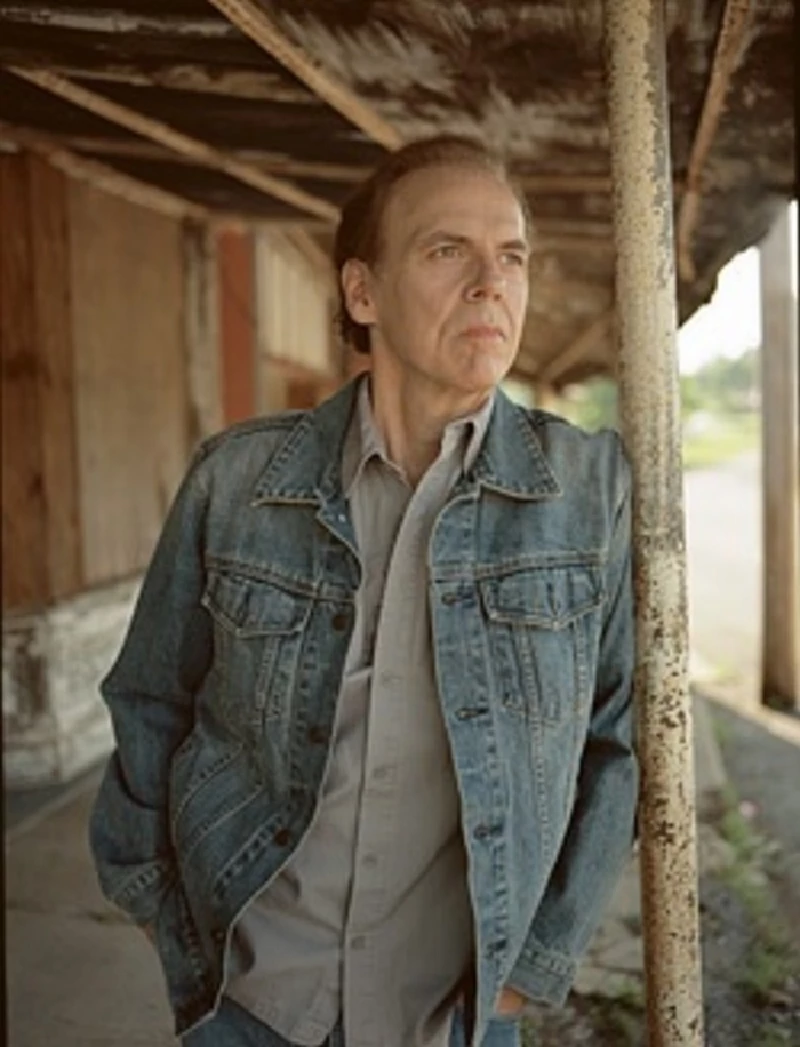
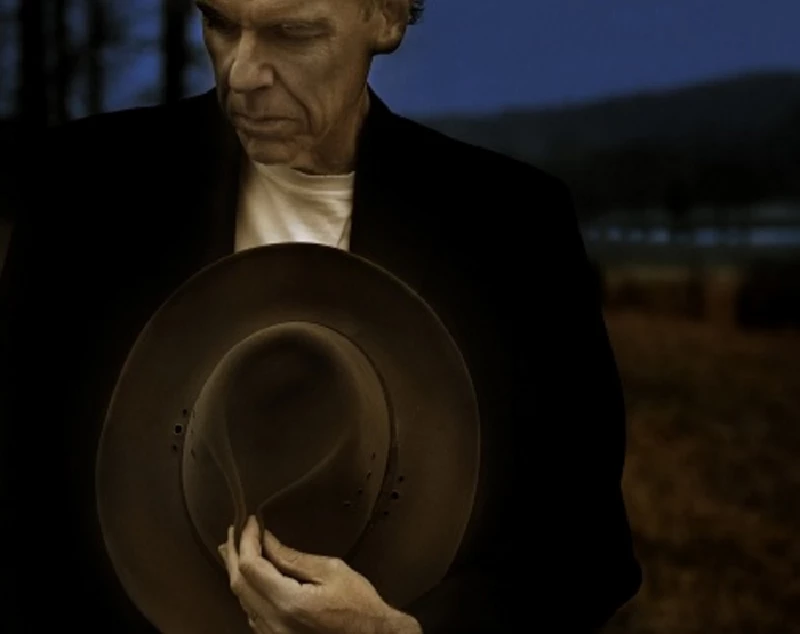
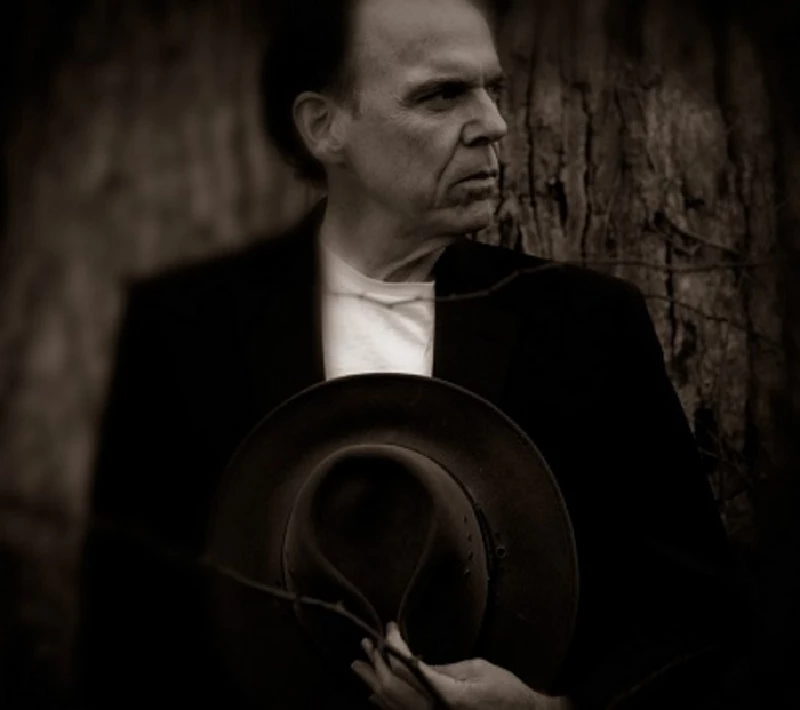
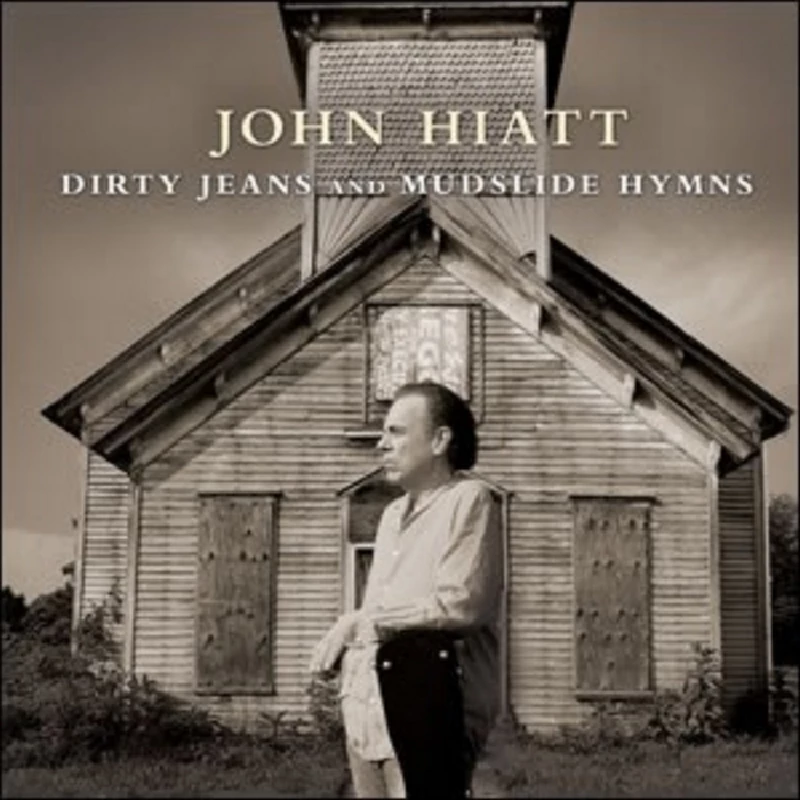
soundcloud
reviews |
|
Mystic Pinball (2012) |
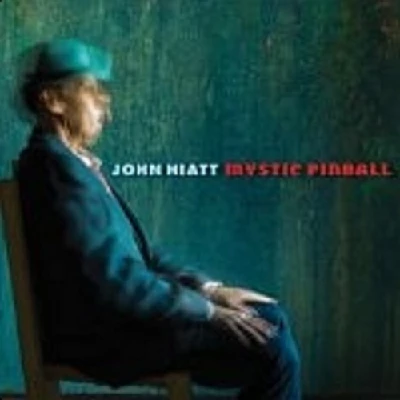
|
| Heartbreaking, but often witty examinations of life, love and failure on excellent latest album from acclaimed American singer-songwriter, John Hiatt |
| The Open Road (2010) |
| Same Old Man (2008) |
most viewed articles
current edition
Carl Ewens - David Bowie 1964 to 1982 On Track: Every Album, Every SongBathers - Photoscapes 1
Colin Blunstone - Thalia Hall, Chicago, 16/7/2025
Visor Fest - Valencia, Spain, 26/9/2025...27/9/2025
Billie Eilish - O2 Arena, London, 10/7/2025
Bathers - Photoscapes 2
Sir Tim Rice - Interview
John McKay - Interview
Editorial - July 2025
Armory Show - Interview with Richard Jobson
previous editions
Heavenly - P.U.N.K. Girl EPTrudie Myerscough-Harris - Interview
Pixies - Ten Songs That Made Me Love...
Beautiful South - Ten Songs That Made Me Love...
Simon Heavisides - Destiny Stopped Screaming: The Life and Times of Adrian Borland
Oasis - Oasis, Earl's Court, London, 1995
Boomtown Rats - Ten Songs That Made Me Love....
Blues and Gospel Train - Manchester, 7th May 1964
Prolapse - Interview
Paul Nelson - Interview
most viewed reviews
current edition
Amy Macdonald - Is This What You've Been Waiting For?Sick Man of Europe - The Sick Man of Europe
Alice Cooper - The Revenge of Alice Cooper
Phew, Erika Kobayashi,, Dieter Moebius - Radium Girls
Lucy Spraggan - Other Sides of the Moon
Blueboy - 2
Cynthia Erivo - I Forgive You
Davey Woodward - Mumbo in the Jumbo
Lapsley - I'm a Hurricane, I'm a Woman In Love
Philip Jeays - Victoria
Pennyblackmusic Regular Contributors
Adrian Janes
Amanda J. Window
Andrew Twambley
Anthony Dhanendran
Benjamin Howarth
Cila Warncke
Daniel Cressey
Darren Aston
Dastardly
Dave Goodwin
Denzil Watson
Dominic B. Simpson
Eoghan Lyng
Fiona Hutchings
Harry Sherriff
Helen Tipping
Jamie Rowland
John Clarkson
Julie Cruickshank
Kimberly Bright
Lisa Torem
Maarten Schiethart